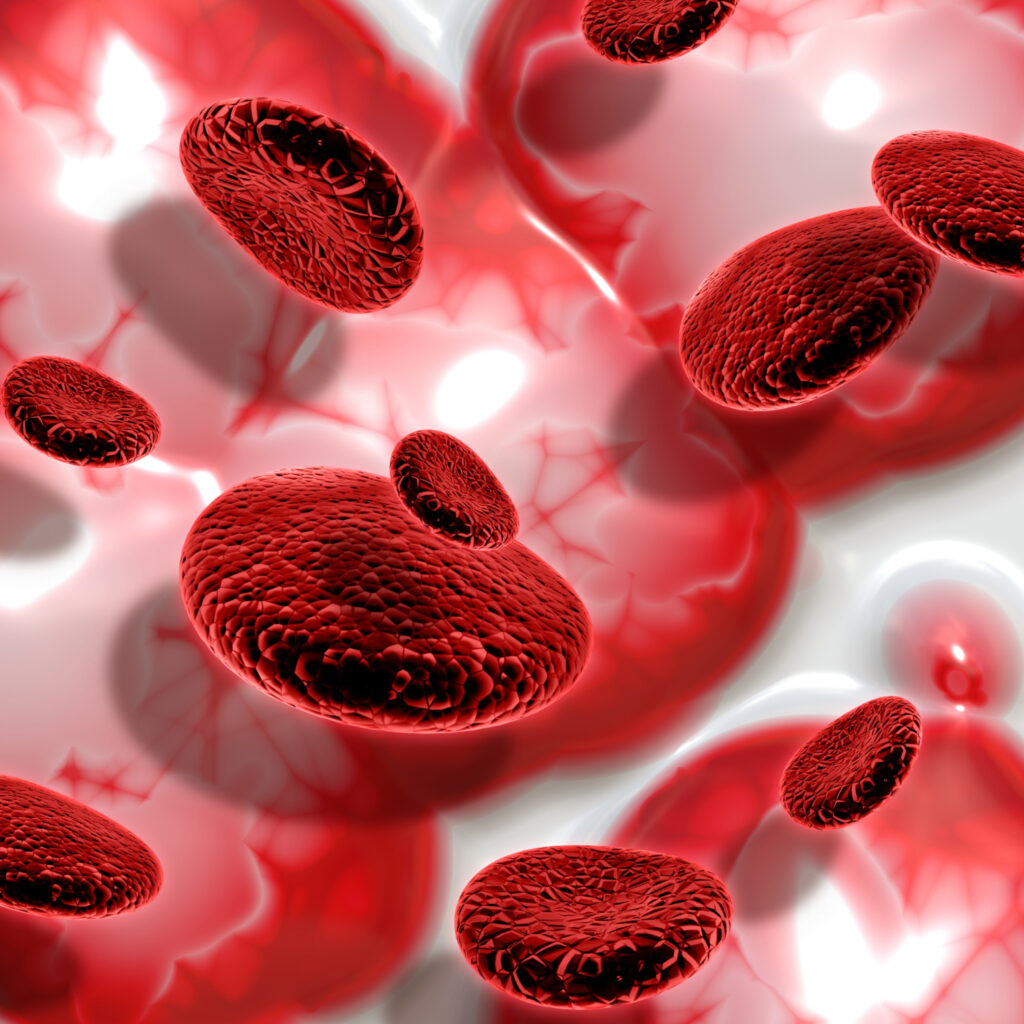Introduction
Hematology, the study of blood and blood-forming tissues, plays a crucial role in diagnosing and treating various diseases, including malaria, dengue, typhoid, and HIV. As medical science progresses, innovative technologies and diagnostic tools have emerged, revolutionizing the way these diseases are detected and managed. In this blog, we will delve into the world of hematology, exploring the significance of hematology calibrators and reagents, advanced ELISAs, immunology diagnostics, hematology controls, and the landscape of IVD (In Vitro Diagnostics) companies in India. Brace yourself for an enlightening journey into the advancements that hold the potential to transform healthcare and pave the way for a healthier future.
The Role of Hematology Calibrators & Reagents in Disease Diagnosis
Hematology calibrators and reagents are essential components in the accurate diagnosis of blood-related diseases. They enable laboratories to calibrate their analytical instruments, ensuring precise and reliable results. In the context of malaria, dengue, typhoid, and HIV, these calibrators and reagents play a pivotal role in detecting specific biomarkers, antigens, or antibodies associated with each disease. With advances in technology, these critical components are becoming more sophisticated, leading to enhanced sensitivity and specificity in disease diagnosis.
Unraveling the Potential of Advanced ELISAs
Enzyme-Linked Immunosorbent Assay (ELISA) is a widely used and effective diagnostic tool for various diseases, including malaria, dengue, typhoid, and HIV. Advanced ELISAs have revolutionized disease detection by significantly reducing turnaround times and enhancing the accuracy of results. In the case of malaria, dengue, and typhoid, advanced ELISAs can detect specific antibodies or antigens, aiding in early and accurate diagnosis. For HIV, they have become instrumental in identifying viral load and monitoring treatment effectiveness, enabling timely intervention and better patient outcomes.
Immunology Diagnostics: Unveiling the Immune System’s Role
Immunology diagnostics are fundamental in understanding how the immune system responds to infections caused by malaria, dengue, typhoid, and HIV. These diagnostics help identify immune responses, including the production of antibodies, cytokines, and other immune system markers. Armed with this information, healthcare professionals can tailor treatment plans, predict disease progression, and assess vaccine efficacy. The continual advancements in immunology diagnostics hold immense promise in combatting infectious diseases effectively.
Hematology Controls: Ensuring Accuracy and Quality in Diagnostics
Hematology controls are essential tools in quality assurance, ensuring the accuracy and reliability of diagnostic tests. In the context of malaria, dengue, typhoid, and HIV diagnostics, these controls provide a reference point for laboratories, enabling them to validate their test results and maintain stringent quality standards. Proper utilization of hematology controls helps identify potential errors, ensuring patients receive accurate diagnoses and timely treatments.
The Thriving Landscape of IVD Companies in India
India’s IVD market is witnessing robust growth, driven by advancements in medical technology and the rising demand for accurate and efficient diagnostics. Several Indian IVD companies are making significant contributions to the field of hematology and disease diagnosis. These companies develop cutting-edge technologies, innovative assays, and sophisticated diagnostic instruments that cater to the diverse healthcare needs of the country. Their unwavering commitment to research and development is accelerating the availability of cost-effective, high-quality diagnostics for malaria, dengue, typhoid, and HIV.
Addressing Challenges in Disease Management
Despite significant advancements in hematology and disease diagnostics, challenges persist in the effective management of malaria, dengue, typhoid, and HIV. These infectious diseases pose a considerable burden on healthcare systems, especially in developing countries. By leveraging the potential of hematology calibrators, reagents, advanced ELISAs, immunology diagnostics, and hematology controls, healthcare providers can proactively address these challenges. Timely diagnosis, proper monitoring, and targeted treatments can lead to improved patient outcomes and reduce the prevalence of these diseases.
Conclusion
Hematology is an ever-evolving field that holds the key to conquering some of the most prevalent infectious diseases, including malaria, dengue, typhoid, and HIV. The advancements in hematology calibrators and reagents, advanced ELISAs, immunology diagnostics, and hematology controls are transforming disease diagnosis and management. As India’s IVD companies drive innovation and affordability, healthcare professionals gain powerful tools to combat infectious diseases more effectively. Embracing these cutting-edge technologies, we embark on a journey toward a healthier world, where early and accurate disease diagnosis leads to better patient outcomes and improved global health.

